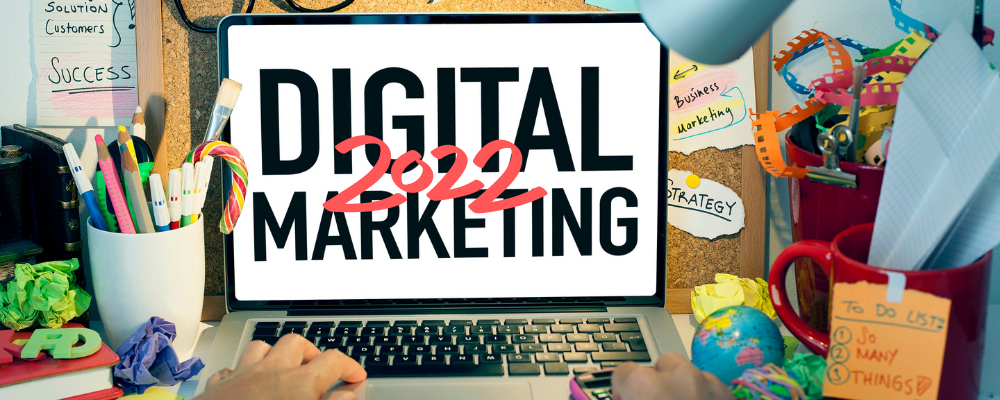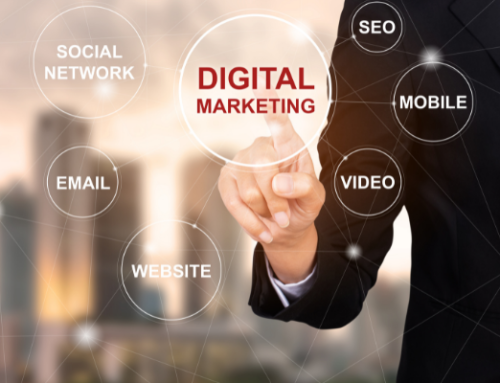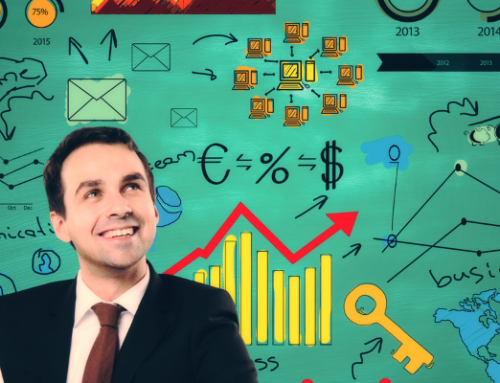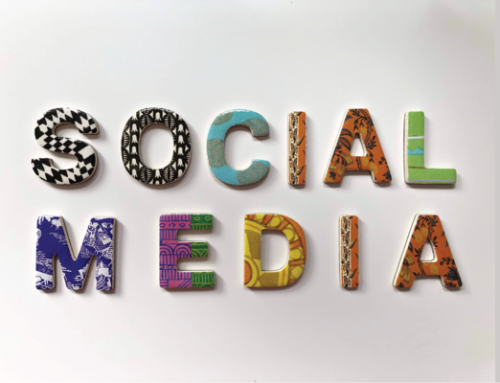Digital Marketing Trends To Watch and Use
Future Digital Marketing Trends that you used to guide your digital marketing strategy may be obsolete.
As the worldwide pandemic increased the speed of change of the digital world, digital transformation became a reality for organisations of all types last year.
Trends that you used to drive your digital marketing strategy may no longer be relevant, while totally new challenges have arisen to demand our attention.
Demands and behaviours of consumers have evolved dramatically.
In this article, we’ll look at what’s trending right now and where you should invest your money in the next quarters to stay ahead of the competition.
-
Programmatic Advertising
Programmatic advertising refers to the use of artificial intelligence (AI) to automate ad buying in order to target more precise audiences. For example, real-time bidding is a kind of programmatic ad buying. This automation is far more efficient and quick, resulting in more conversions and cheaper client acquisition expenses.
-
Conversational Marketing
With all of the chatbot hype, the truth of current marketing emerges: it’s more conversational. People want it that way, therefore businesses are catering to them. When customers have a query, 82% expect an answer “right away.”
Conversational marketing allows marketers and customers to communicate one-on-one in real time.
Unlike traditional marketing techniques, this type of marketing is now available across numerous channels, allowing companies to reach customers on their own terms: on the devices, platforms, and timeframes that are most convenient for them.
-
Personalisation
Personalise your marketing in 2021 if you want to stand out – that includes tailored content, goods, emails, and more.
- Consumers are enraged by generic advertising blitz, with 63% expressing their displeasure.
- A whopping 80% of people believe they are more inclined to conduct business with a firm that provides individualised experiences.
- Personalization appeals to 90% of respondents.
Here are examples of companies that are using personalisation today:
Starbucks employs a game – based mobile app that leverages data like purchase history and location to become as personal as possible, allowing consumers to personalise their beverages, and promotes continued usage with its rewards system — resulting in a $2.56 billion revenue increase
Cadbury’s developed a customised video campaign that matches viewers with a Dairy Milk flavour based on information from their Facebook profile, such as age, interests, and location. The campaign had a click-through rate of 65% and a conversion rate of 33.6%, demonstrating that personalization works.
-
Video Marketing
Video marketing is one of the most significant marketing trends today, if not the most essential, and will continue to be so for the next 5-10 years. In 2021, these figures demonstrate the necessity of include video in your digital marketing strategy:
- 70% of customers say they’ve shared a brand’s video on social media.
- Video has boosted the conversion rate of 72% of firms.
- Consumers think that seeing product videos gives them more confidence when making online purchases (52%).
- After seeing a video, 65% of executives go to the marketer’s website and 39% phone a vendor.
-
Influencers Marketing
Influencer marketing is a form of word-of-mouth marketing that focuses on utilising influential people to spread your message to a broader audience. Influencers are quite well celebrities, but they’re more likely to be Instagram or YouTube individuals with a large specialised following who can help promote your service or company through their social media platforms.
Because influencer marketing is more genuine than traditional advertising:
- Consumers believe influencers’ evaluations of items considerably more than what businesses say about themselves, according to 63% of respondents.
- In the last six months, 58% of individuals have purchased a new product as a result of an influencer’s suggestion.
Influencer marketing is more than just a trend: it’s a way of life for consumers, who compare it to receiving valuable advice from a close friend.




